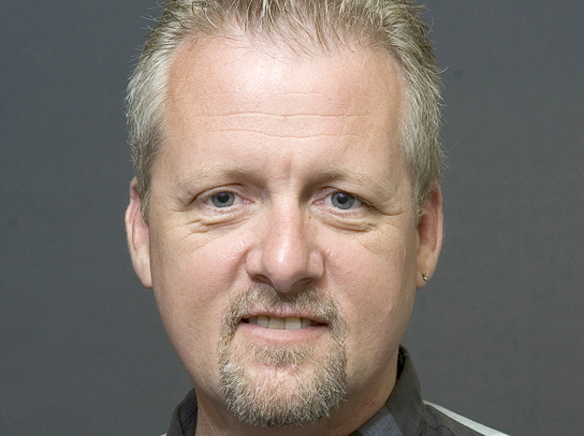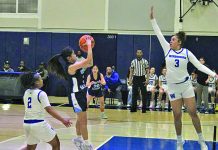With the retirement of its host, The Late Show with David Letterman is no more. In the CBS program’s final weeks, laurel wreaths were repeatedly placed upon his out-to-pasture brow. Night after night, adoring audiences and longtime guests fawned over Dave, lauding his comedic prowess and publicly placing him high in the pantheon of entertainment greats.
To his credit, Mr. Letterman took it in stride, neither soaking up nor brushing off the unending adulation. It seems he understands that even for a broadcast icon, fame is fleeting.
With the retirement of its host, The Late Show with David Letterman is no more. In the CBS program’s final weeks, laurel wreaths were repeatedly placed upon his out-to-pasture brow. Night after night, adoring audiences and longtime guests fawned over Dave, lauding his comedic prowess and publicly placing him high in the pantheon of entertainment greats.
To his credit, Mr. Letterman took it in stride, neither soaking up nor brushing off the unending adulation. It seems he understands that even for a broadcast icon, fame is fleeting.
Some 10 years after his death, Johnny Carson is still remembered for his three-decade Tonight Show reign, which ended in 1992. But it is quite likely almost no one under 30 saw Johnny’s show when it was first broadcast.
For eyewitness recollections of Carson's Tonight Show predecessors, Jack Parr and later Steve Allen, you'll have to stop by the nursing home to speak with Great-uncle Elrood, who always had trouble sleeping. Unless he stopped watching with the demise of the DuMont Television Network, he’ll fondly recount NBC's experimental foray into late night programming. But when Elrood is gone, Parr and Allen will be little more than video clip footnotes at the Broadcasting Hall of Fame.
Give Aunt Sophie a call; ask if she recalls Les Crane, who gave the Rolling Stones their first American TV appearance in 1964. Maybe she can summon memories of late-night TV veterans Merv Griffin or Joey Bishop, and the less ancient but still receding late show luminaries Dick Cavett, Tom Snyder, Joan Rivers, John Davidson, Chevy Chase, or Arsenio Hall.
With his exit, Letterman joins the roster of late night hosts gone more recently emeritus: Jay Leno, Craig Ferguson, Chelsea Handler, and, soon, John Stewart. Their contributions to the general amusement of the general public will be debated, but probably not for all that long.
And in this age of fractured viewership, where eyeballs find diversion on a multitude of broadcast, cable, and Internet channels, there might be very few of us in years to come who’ll be able to say, “yeah, I watched his show” when reminiscing over those currently presiding over the wee hours: Jimmy Fallon, John Oliver, Seth Meyers, Jimmy Kimmel, Conan O'Brien, Larry Wilmore, and, soon, Stephen Colbert.
Taking a page from Johnny Carson, his mentor, Letterman will likely lay low in retirement. Johnny, who enjoyed writing jokes for Dave’s monologue, refused all interviews and movie cameos, appearing on TV just four times (once by phone) after leaving The Tonight Show. Perhaps, like Johnny, Letterman will be grateful to leave celebrity status behind.
And maybe Dave appreciates that line from The Whiffenpoof Song, penned in 1909 (and a hit for soon-to-be-unrecalled greats Rudy Valle, Bing Crosby, Perry Como, and, yes, even Elvis Presley): “We shall serenade our Louis while life and voice shall last, then we’ll pass and be forgotten with the rest.”
Mr. Letterman’s long song was memorable. Here’s hoping retirement serves him well.
Pat Grimes, a former South Bay resident, writes from Ypsilanti, Mich. He can be reached at pgwriter@inbox.com



















